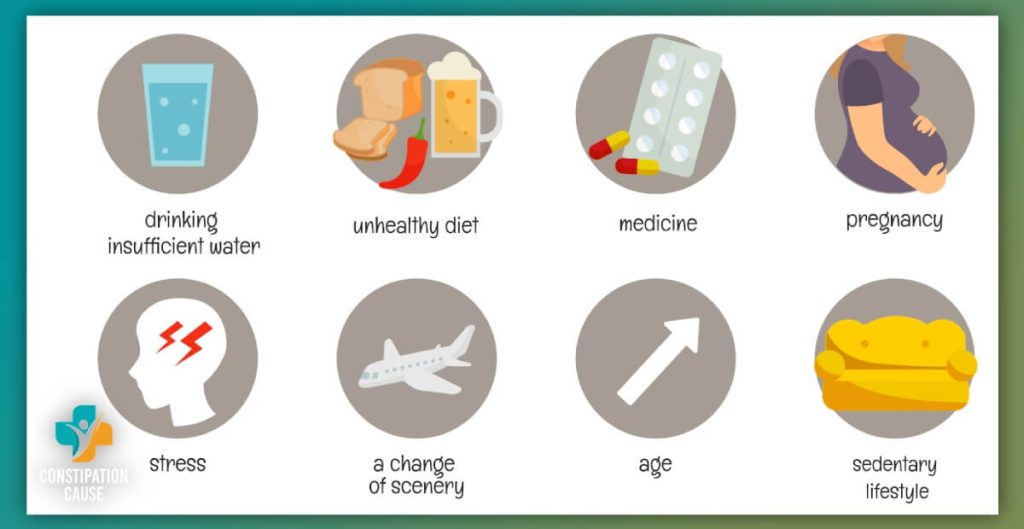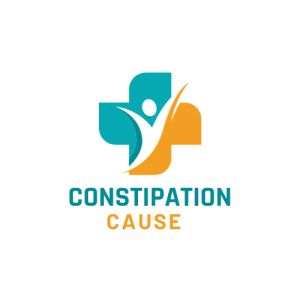Constipation, a common gastrointestinal issue, affects a significant portion of the population, leading to discomfort and various health concerns caused by a range of factors such as diet, hydration, lifestyle, and medical conditions, understanding its triggers is crucial for effective management.
In this article, we will discuss in detail; ‘does Salmon cause constipation?’ and also assist in making informed dietary choices for those struggling with constipation.
So, let’s get started!
The Role of Diet in Constipation
Diet plays a crucial role in the management and prevention of constipation, a condition characterized by infrequent or difficult bowel movements. The foods we consume directly impact our digestive system’s functioning, with certain types affecting bowel regularity more than others. High-fiber foods, like fruits, vegetables, and whole grains, are known to facilitate bowel movements by adding bulk and softness to the stool, thus making it easier to pass. On the other hand, low-fiber diets, often high in processed foods, meat, and dairy products, can lead to harder stools and decreased bowel frequency, culminating in constipation.
Furthermore, hydration is crucial; inadequate fluid intake can result in drier, harder stools. The balance of gut flora, influenced by diet, also plays a role, as a healthy micro biome aids in smooth digestion and regularity. It’s essential to note that individual responses to different foods can vary. Some might find certain foods constipating, while others do not experience the same effect. Understanding this individual variation is key in tailoring a diet that supports healthy bowel movements and overall digestive wellness.
Read further to find out about Salmon and its impact on bowel regularity!
The Relationship between Salmon and Constipation:

Salmon, a highly nutritious fish, is renowned for its rich content of omega-3 fatty acids, high-quality protein, and a variety of vitamins and minerals. Notably, omega-3 fatty acids are essential for overall health, playing a crucial role in brain and heart health. Salmon is also an excellent source of protein, vital for building and repairing tissues in the body. However, it’s important to note that salmon does not contain dietary fiber, a key element in promoting regular bowel movements and preventing constipation.
Nutritional Content of Salmon:
- Omega-3 Fatty Acids: Salmon is a rich source of omega-3 fatty acids, beneficial for heart and brain health.
- Protein: It provides high-quality protein essential for the body’s repair, growth, and maintenance.
- Fiber: Salmon does not contain dietary fiber.
Salmon’s role in causing constipation:
- General Health Benefits: Omega-3 fatty acids are known for their numerous health benefits, including improving heart health, reducing inflammation, and supporting brain function.
- Specific to Digestion: While omega-3s are beneficial for overall health, they do not have a direct impact on bowel regularity or the prevention of constipation.
- Indirect Benefits: However, a healthy diet rich in omega-3 fatty acids, like that from salmon, can contribute to overall digestive health.
Protein in Salmon:
Protein Content: Salmon is a high-quality protein source, offering essential amino acids necessary for bodily functions and muscle maintenance.
Potential Effects on Digestion:
- General Digestive Health: Protein is crucial for overall health but does not play a direct role in promoting digestive regularity.
- Impact on Bowel Movements: Unlike fiber, protein does not soften the stool or aid in bowel movements.
Consideration of Excessive Protein Intake:
- Balance is Key: Consuming excessive protein, particularly without adequate fiber intake, can potentially lead to harder stools and constipation.
- Salmon in a Balanced Diet: When salmon is eaten as part of a balanced diet that includes fiber-rich foods, the risk of constipation due to its protein content is minimal.
Other Factors Contributing to Constipation:

Salmon and its potential to trigger constipation may not always be the case. There are some other factors as well that play a crucial role in disturbing an individual’s digestive health;
- Low Fiber Intake: Not consuming enough fiber-rich foods like fruits, vegetables, and whole grains.
- Inadequate Hydration: Insufficient water intake leading to harder stools.
- Lack of Physical Activity: Reduced physical activity can slow down the digestive process.
- Ignoring Bowel Urges: Regularly ignoring the urge to have a bowel movement.
- Overuse of Laxatives: Dependence on laxatives can weaken the bowel’s natural ability.
- High Dairy Consumption: Excessive intake of dairy products can contribute to constipation in some people.
- Excessive Processed Foods: High consumption of processed, low-fiber foods.
- Stress and Anxiety: Psychological factors can affect bowel movements.
- Certain Medications: Some medications, like painkillers and antidepressants, can cause constipation.
- Medical Conditions: Conditions like IBS, diabetes, and hypothyroidism can lead to constipation.
- Aging: Digestive system slows down with age, increasing constipation risk.
Conclusion:
In conclusion, while salmon is rich in omega-3 fatty acids and protein, its lack of dietary fiber means it doesn’t directly contribute to or alleviate constipation. Consuming salmon will not typically cause constipation when part of a balanced diet that includes fiber-rich foods. It’s essential to maintain a varied diet and consider other lifestyle factors such as hydration and physical activity for overall digestive health. If you experience persistent constipation, consulting with a healthcare professional for tailored advice is recommended. This balanced approach ensures that the benefits of salmon can be enjoyed without compromising digestive wellness.I hope we have been able to clarify your concern regarding, “does salmon cause constipation?”
Frequently Asked Questions
Can eating salmon regularly cause constipation?
Eating salmon regularly is unlikely to cause constipation as long as it’s part of a balanced diet with sufficient fiber.
How much salmon should I consume to avoid constipation?
Consume salmon in moderation, balancing it with fiber-rich foods, to avoid constipation; there’s no specific limit relating to constipation.
Are there any other seafood options that can cause constipation?
Most seafood, like salmon, doesn’t directly cause constipation, but a balanced diet with fiber is important.
Should I avoid salmon if I have a history of constipation?
You don’t necessarily need to avoid salmon if constipated, but ensure your diet includes plenty of fiber from other sources.
Can certain cooking methods affect the constipation potential of salmon?
Cooking methods don’t significantly impact salmon’s constipation potential; focus on overall dietary balance.
What are some natural remedies to relieve constipation?
Natural remedies include increasing fiber intake, staying hydrated, regular exercise, and possibly trying probiotics or herbal teas.









Leave feedback about this